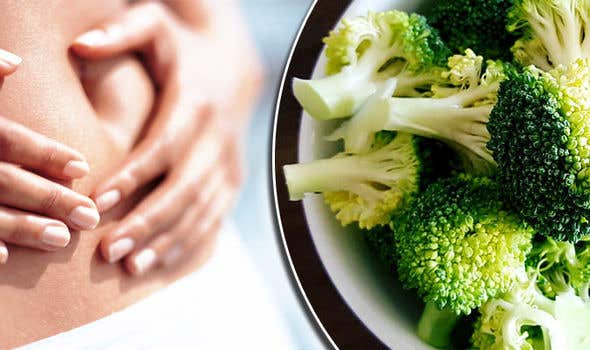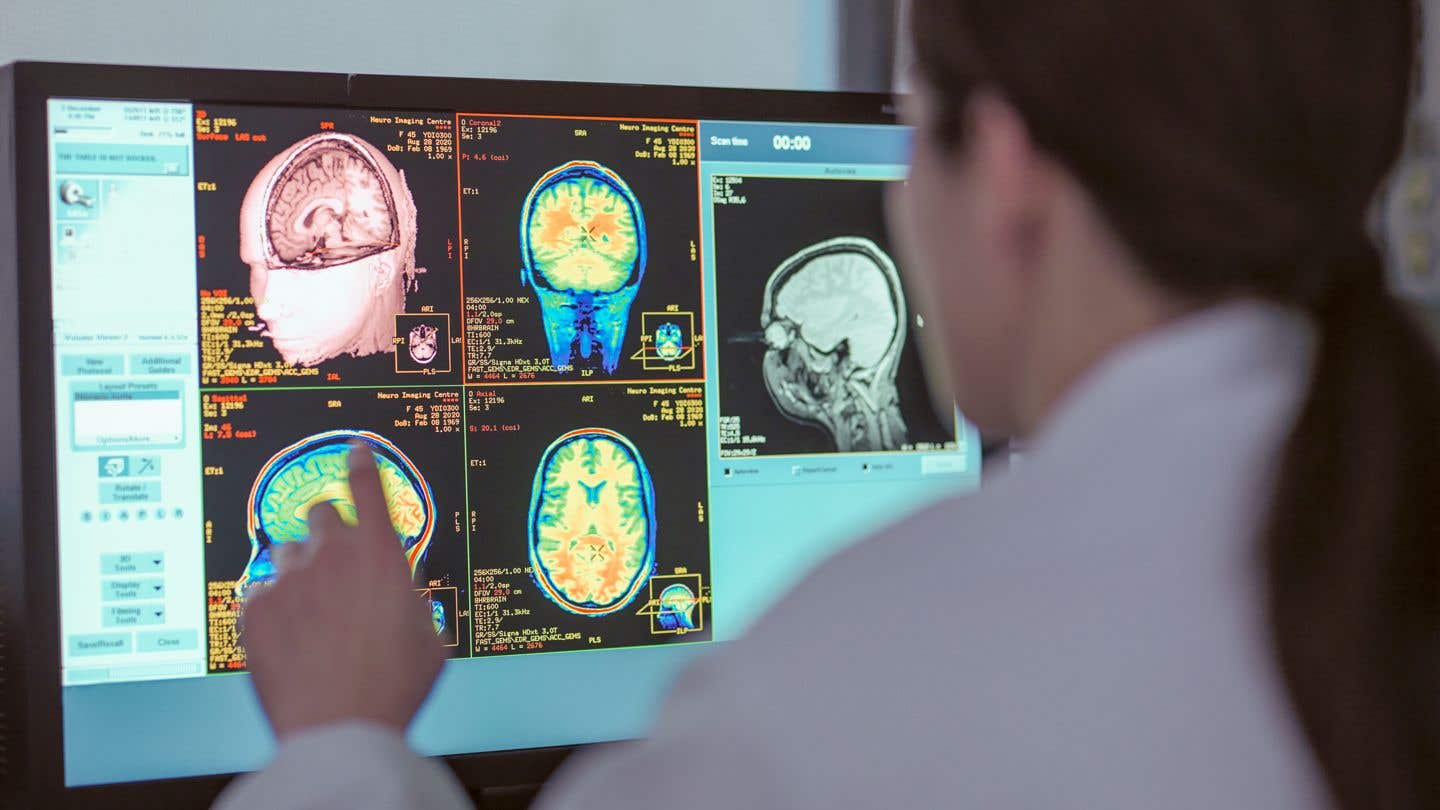Eating broccoli has incredible new health benefits, study finds
We all know that broccoli is good for us, but why? What happens in the body when we eat broccoli? Researchers at UPenn have the answer.

[Apr. 8, 2023: JD Shavit, The Brighter Side of News]
We all know that broccoli is good for us, but why? What happens in the body when we eat broccoli? (CREDIT: Creative Commons)
We all know that broccoli is good for us, but why? What happens in the body when we eat broccoli? Researchers at Penn State University have found that broccoli contains certain molecules that protect the lining of the small intestine, thereby inhibiting the development of disease. The findings lend support to the idea that broccoli truly is a ‘superfood.’
Broccoli is a cruciferous vegetable, and research has shown that increased consumption of these vegetables decreases incidences of cancer and type 2 diabetes.
According to Gary Perdew, H. Thomas, and Dorothy Willits Hallowell Chair in Agricultural Sciences at Penn State, the wall of the small intestine allows beneficial water and nutrients to pass into the body but prevents food particles and bacteria that could cause harm. Certain cells that line the intestine help to modulate this activity and keep a healthy balance.
In a recent study published in the journal Laboratory Investigation, Perdew and his colleagues found that molecules in broccoli, called aryl hydrocarbon receptor ligands, bind to aryl hydrocarbon receptor (AHR), which is a type of protein called a transcription factor.
Related Stories
This binding initiates a variety of activities that affect the functions of intestinal cells.
To conduct their study, the researchers fed an experimental group of mice a diet containing 15% broccoli, which is equivalent to about 3.5 cups per day for humans.
They then analyzed the animals’ tissues to determine the extent to which AHR was activated, as well as the quantities of various cell types and mucus concentrations, among other factors, in the two groups.
The team found that mice that were not fed broccoli lacked AHR activity, which resulted in altered intestinal barrier function, reduced transit time of food in the small intestine, decreased number of goblet cells and protective mucus, decreased Paneth cells and lysosome production, and decreased number of enterocyte cells. “The gut health of the mice that were not fed broccoli was compromised in a variety of ways that are known to be associated with disease,” said Perdew.
Intestinal expression of Cyp1a1 is highest in the duodenum and is dependent on diet. (CREDIT: Laboratory Investigation)
Andrew Patterson, John T. and Paige S. Smith Professor of Molecular Toxicology and of Biochemistry and Molecular Biology, said that “these data suggest that dietary cues, relayed through the activity of AHR, can reshape the cellular and metabolic repertoire of the gastrointestinal tract.”
These findings add to the growing body of evidence supporting the health benefits of cruciferous vegetables. Broccoli, cabbage, and Brussels sprouts should be part of a normal healthy diet.
Fractionation of the epithelial duodenal crypt/villus axis reveals that the AHR content is highest in the crypt. The level of AHR and ARNT protein expression across the intestinal tract in soluble extracts from pooled eluted cell fractions. (CREDIT: Laboratory Investigation)
Broccoli is a versatile vegetable that can be cooked in many ways. It can be steamed, roasted, sautéed, or eaten raw. Broccoli is also a great source of vitamins and minerals, including vitamins C and K, folate, and potassium. It is low in calories and high in fiber, making it a great choice for weight management.
In addition to its health benefits, broccoli is also easy to grow. It can be grown in a variety of climates and soils, making it an ideal crop for home gardens and small farms. It is also a crop that is easy to store and transport, which makes it widely available in grocery stores and farmers’ markets.
Phenotypic characterization of the small intestinal tract in the absence of Ahr expression. FITC-dextran 4 kDa was administered by gavage, and after 45 minutes, the location of fluorescence was assessed in serum from Ahr+/+ and Ahr-/- mice. (CREDIT: Laboratory Investigation)
Broccoli is a nutritious and delicious vegetable that should be a regular part of everyone’s diet. Whether you prefer it steamed, roasted, sautéed, or raw, broccoli is a versatile superfood that provides numerous health benefits. So the next time you’re looking for a healthy snack or side dish, reach for some broccoli – your body will thank you!
Xiaoliang Zhou, Debopriya Chakraborty, Iain A. Murray, Denise Coslo, Zoe Kehs, Anitha Vijay, Carolyn Ton, Dhimant Desai and Shantu G. Amin also contributed to the study.
Note: Materials provided by The Brighter Side of News. Content may be edited for style and length.
Like these kind of feel good stories? Get the Brighter Side of News' newsletter.
Joseph Shavit
Head Science News Writer | Communicating Innovation & Discovery
Based in Los Angeles, Joseph Shavit is an accomplished science journalist, head science news writer and co-founder at The Brighter Side of News, where he translates cutting-edge discoveries into compelling stories for a broad audience. With a strong background spanning science, business, product management, media leadership, and entrepreneurship, Joseph brings a unique perspective to science communication. His expertise allows him to uncover the intersection of technological advancements and market potential, shedding light on how groundbreaking research evolves into transformative products and industries.



